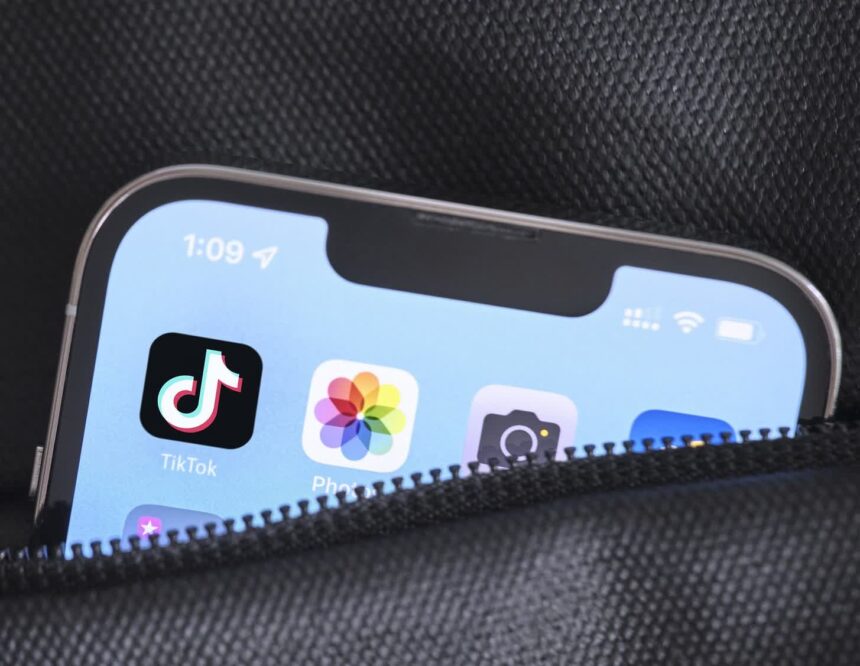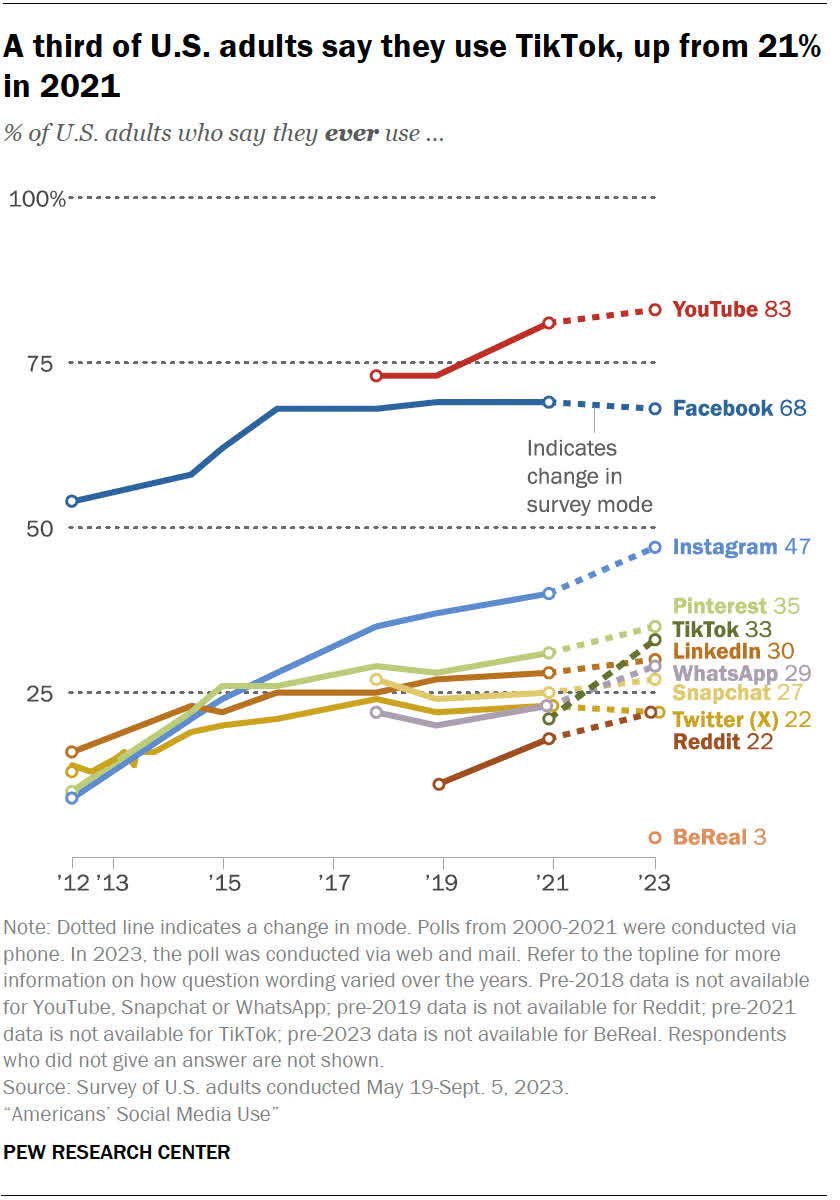What just happened? TikTok and its owner ByteDance have sued the US government to stop a bill passed last month that will force the sale of the app or ban it in the United States. The companies argue that the bill is unconstitutional and violates free speech rights.
A lawsuit filed by TikTok and ByteDance in the court of appeals for the District of Columbia calls the law an “unprecedented violation” of the First Amendment. The companies add that the requirement to divest TikTok to avoid a nationwide ban is not commercially, legally, or technically possible, partly because it would lead to the app operating in isolation from the rest of the world – most of TikTok’s one billion users are outside of the US.
“For the first time in history, Congress has enacted a law that subjects a single, named speech platform to a permanent, nationwide ban, and bars every American from participating in a unique online community with more than 1 billion people worldwide,” ByteDance claims.
Many government and industry insiders, including former White House Chief Information Officer (CIO) Theresa Payton, previously said that ByteDance would never sell TikTok no matter the consequences. The Chinese owner confirmed this in the suit.
“There is no question: the Act will force a shutdown of TikTok by January 19, 2025, silencing the 170 million Americans who use the platform to communicate in ways that cannot be replicated elsewhere,” the suit said.
Also confirmed in the lawsuit were the previous reports that ByteDance would not sell TikTok without its recommendation algorithm, which China added to its export control list in 2020 after then-President Donald Trump tried to force a sale.
The Chinese government “has made clear that it would not permit a divestment of the recommendation engine that is a key to the success of TikTok in the United States.”
ByteDance wants the law to be declared an unconstitutional violation of the First Amendment, adding that national security concerns are not sufficient reason to restrict free speech. It adds that the government has not proven such a restriction is warranted.
The free speech argument has saved TikTok before. The company sued Montana last year when the state tried to ban the app claiming First Amendment violations. A judge agreed with the company, but Montana’s Attorney General is trying to overturn the ruling in the Ninth Circuit Appeals Court.
A group of lawmakers announced in March the bill that would force ByteDance to sell TikTok or see the app banned. President Biden signed the bill into law last month, giving ByteDance 270 days to comply, meaning a ban could come into effect on January 19, 2025, though Biden could extend the deadline to sell by three months if he determines ByteDance is making progress.
TikTok started Project Texas in 2022, designed to protect US users’ data from its Chinese parent company. But former employees say the project is “largely cosmetic” and current staff continue to work closely with Beijing-based ByteDance executives.
TikTok could eventually face another legal battle, this one in Europe. The European Commission, which was the very first institution to ban TikTok on its corporate smartphones, hasn’t ruled out following the US in implementing a widespread ban.


